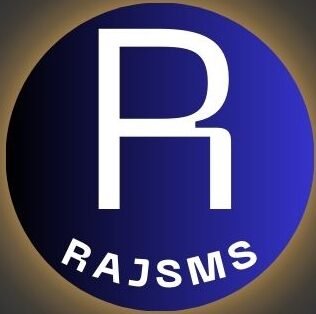The digital era enables money transfers to complete rapidly and easily. The ease of the system provided to us through Direct Deposit remains one of our best options. People who receive their wages or benefits directly into bank accounts through this system have experienced direct deposit.
This article explains the concepts of direct deposit running procedures, along with its benefits and drawbacks and essential facts concerning it. Let’s get started—
What is Direct Deposit?
The electronic transfer of funds using direct deposit moves money from the source to the bank account directly, while omitting checks and cash. Direct deposit employs the Automated Clearing House (ACH) to process its transactions. Phases of fund exchanges happen through the Automated Clearing House network that connects two financial institutions.
The payment reaches your account directly without any waiting periods because checks do not need to clear before funds become available.
How does direct deposit work?

When a person or organization (such as your employer) wants to pay you, they ask for your bank account information. The following details are usually required:
- Bank name
- Account number
- Bank routing number (or IFSC code)
- Or a void check, which has all of this information pre-printed on it
Once this information is entered into their system, the amount is automatically transferred to your account after midnight on the payment date. This process can usually take 1 to 3 days.
In what cases is direct deposit used?
Direct deposit is used in many different situations:
- Salary: Companies use direct deposit to pay salaries to their employees
- Government Benefits: Such as Social Security, pension, unemployment allowance, etc.
- Tax Refund: The government sends the income tax return money directly to the account
- Rental Income: Landlords can receive rent directly into their bank account
- Dividends: Companies can send profits to their shareholders through direct deposit
- Freelancer Payments/Commission: Sales agents or freelancers can get their fees through this medium
- Child Support: Money received for child upbringing can also be received in this way
- Vendor Payments: Businesses pay their suppliers through direct deposit
Pros of Direct Deposit
- Convenient, Faster: Money is directly transferred to the account without waiting in queues
- Secure: No fear of theft or loss
- Time-saving: No need to visit the bank
- Paperless: Environmentally friendly
- Instant access to funds: Money available as soon as payment is made
- Helpful in financial planning: Easy to split funds into different accounts
Cons of Direct Deposit
- Cybersecurity threat: Data can be hacked if not taken care of
- Bank account requirement: Difficulty for those who do not have a bank account
- Technical glitches: Payments can be delayed due to network failure or data error
However, even if you do not have a bank account, you can receive direct deposit through a prepaid debit card.
Environment and Direct Deposit
Direct deposit is a sustainable option. It does not require paper, envelopes, and physical transport. This not only saves energy and water, but also has a positive impact on the environment.
How to set up direct deposit?
If your employer or organization offers direct deposit, follow these steps:
- Get a direct deposit form from your employer
- Fill in your bank account number and IFSC code
- If asked, attach a void cheque
- Submit the form
- Your first salary or payment will start coming directly into your account after a few days
Conclusion
Direct deposit has become the fastest, safest and most convenient way to transact money in today’s time. While it not only ensures that your hard-earned money reaches you on time and directly, it is also better for the environment.
FAQs
Q1. How long does direct deposit take?
A1. Usually it takes 1 to 3 business days, but in some cases the money can come the same day.
Q2. Can direct deposit be taken without a bank account?
A2. Yes, it is possible through prepaid debit cards. These cards accept direct deposit even if you do not have a bank account.
Q3. Is direct deposit safe?
A3. Yes, but you should keep your bank details secure and use strong passwords.
Q4. Is direct deposit only for salary?
A4. No, it is also used for tax refunds, government benefits, rent, dividends, commissions, etc.
Q5. What if you want to change the account?
A5. You will have to inform your employer or payer about the new account and fill a new form.



